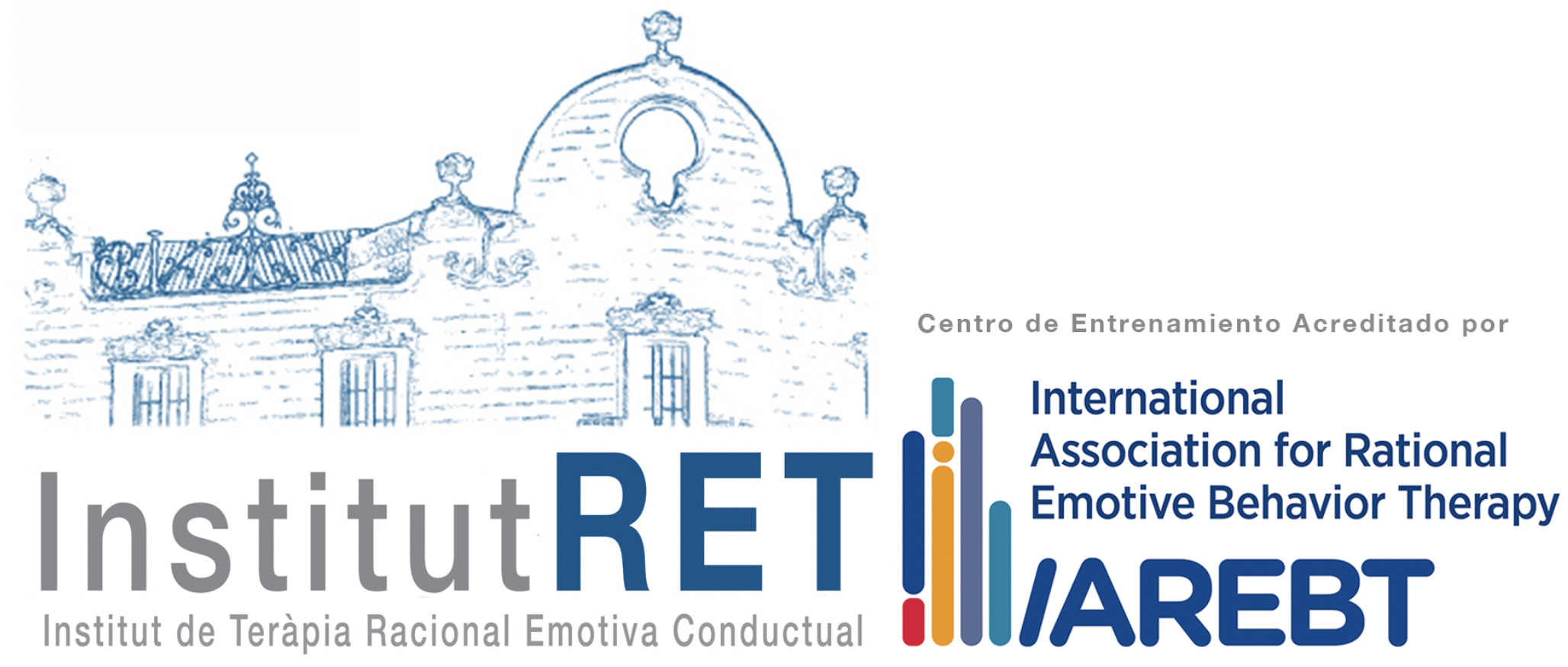A Reduction in Pain Intensity Is More Strongly Associated With Improved Physical Functioning in Frustration Tolerant Individuals: A Longitudinal Moderation Study in Chronic Pain Patients
Carlos Suso-Ribera1*, Laura Camacho-Guerrero2, Jorge Osma3, Santiago Suso-Vergara4 and David Gallardo-Pujol5
- 1Department of Basic and Clinical Psychology and Psychobiology, Universitat Jaume I, Castellón de la Plana, Spain
- 2Hospital Universitario de La Plana, Castellón de la Plana, Spain
- 3Department of Psychology and Sociology, Instituto de Investigación Sanitaria de Aragón, Universidad de Zaragoza, Teruel, Spain
- 4Department of Traumatology, Hospital Clinic, Barcelona, Spain
- 5Department of Clinical Psychology and Psychobiology, Universitat de Barcelona, Barcelona, Spain
Descargar el artículo completo: https://www.frontiersin.org/articles/10.3389/fpsyg.2019.00907/full
Objective: The onset and chronification of pain often has devastating consequences on the physical and mental functioning of individuals. Medical interventions are quite efficacious in reducing pain levels. However, changes in physical and mental health status after medical interventions are not proportional. In the past decades, rational/irrational beliefs, especially catastrophizing, have contributed to a better understanding of the pain experience. This study explores whether pain reduction efforts are more beneficial for individuals scoring high in rational thinking (moderation).
Methods: The study design was longitudinal. Patients were assessed twice, 2 weeks prior to the start of medical treatment at the pain clinic and 6 months after. A total of 163 patients with heterogeneous pain (mostly low back and neck pain) participated in the study. Their mean age was 58.74 years (SD = 14.28) and 61.3% were female.
Results: Overall, there was a reduction in pain intensity (t = 4.25, p < 0.001, d = 0.32). An improvement in physical functioning (t= 4.02, p < 0.001, d = 0.19), but not mental health (t = -0.66, p = 0.511, d = 0.11) was also observed. In the regression analyses, a decrease in pain intensity was moderately associated with improved physical health (β = 0.87, t = 4.96, p < 0.001, R2 change = 0.177). This association was found to be moderated by frustration tolerance (β = -0.49, t = -2.80, p = 0.006, R2 change = 0.039). Specifically, post hoc analyses indicated that changes in pain intensity only correlated with changes in physical health when patients reported high frustration tolerance levels (r = 0.47, p = 0.006, M = 7, n = 32), but not when patients were intolerant to frustration (r = 0.28, p = 0.078, M = 17, n = 41).
Conclusion: The results suggest that frustration tolerance may render adaptive by facilitating the positive effect that a reduction in pain intensity has on physical health status. The study findings are discussed in the context of personalized therapy with an emphasis on how to maximize the effectiveness of current interventions for pain.

Codirector del Institut RET y del Posgrado y Máster en Terapia Racional Emotiva Conductual. Licenciado en Psicología por la Universidad de Barcelona (UB). Psicólogo General Sanitario colegiado nº 11.700 (COPC) con la acreditación de Experto en Psicoterapia por la EFPA (Federación Europea de Asociaciones de Psicólogos) otorgado por el Consejo General de Colegios Oficiales de Psicólogos (COP). Supervisor Internacional en Terapia Racional Emotiva Conductual y miembro asociado al Albert Ellis Institute de New York. También tiene formación de Posgrado en Terapia Sexual y Terapia de Pareja por el Instituto Superior de Estudios Psicológicos (ISEP) y por la Universidad de Barcelona (UB), y entrenamiento en EMDR (Desensibilización y Reprocesamiento por los Movimientos Oculares) por el EMDR Institute de San Francisco.
Presidente de la Asociación Española de Terapia Racional Emotiva Conductual (AETREC) y miembro de la Sociedad Catalana de Sexología Clínica (SCSC), de la Sociedad Catalano-Balear de Psicología (SCBP) de la Academia de Ciencias Médicas y Baleares (ACMB), de la Federación Española de Sociedades Sexológicas (FESS) y de la Asociación de Especialistas en Sexología (AES).

